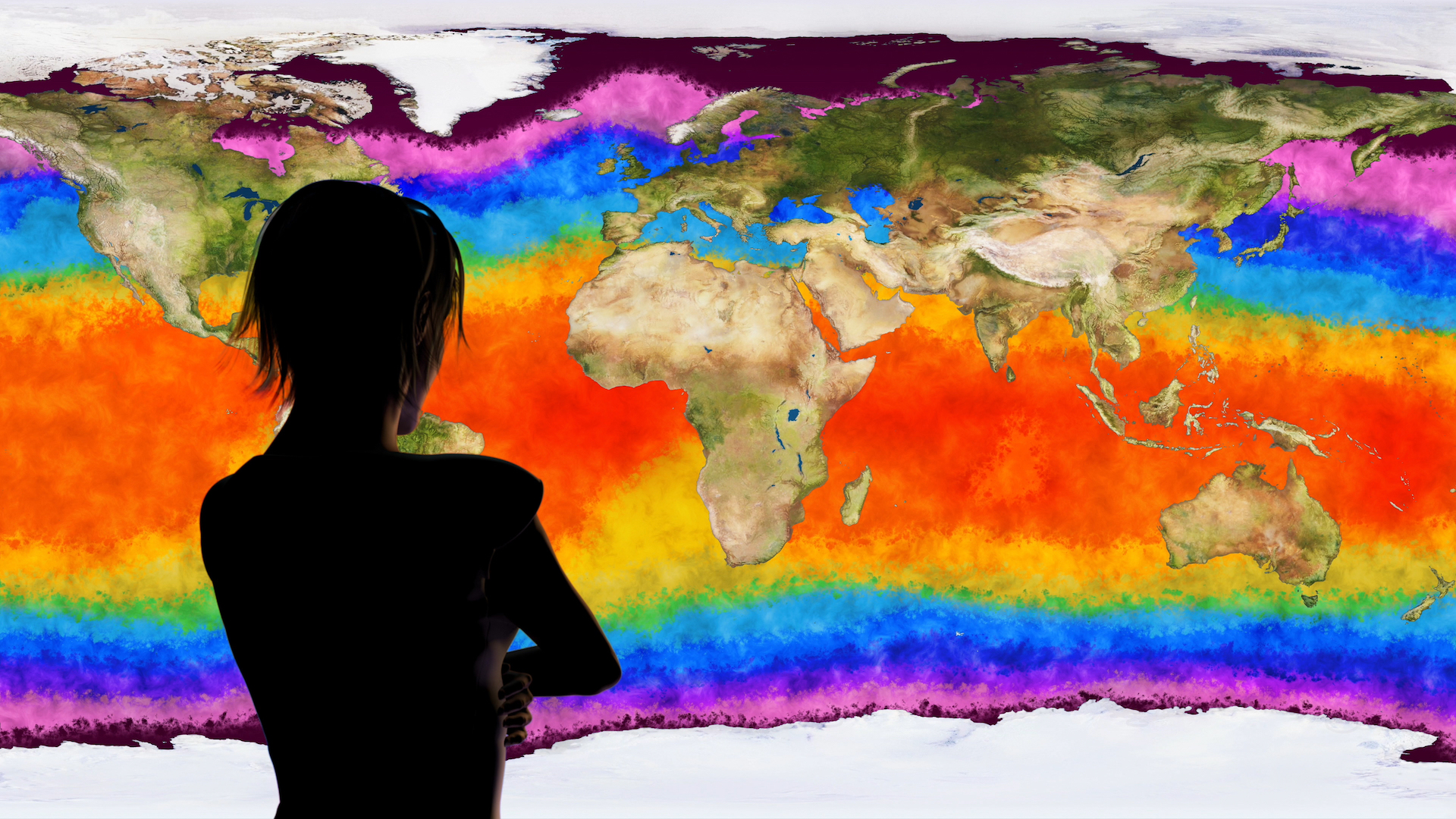
Climate change impacting mental health across the globe
Wildfires, extreme storms, and major weather events are happening much more frequently as the Earth’s climate changes. Researchers at the University of Arizona set out to determine how people’s perception of global climate change is affecting their mental health.
The study revealed that some people are not impacted much by the threat of global climate change, yet others are dealing with high levels of stress and even depression.
Sabrina Helm is an associate professor of Family and Consumer Science and an author of the study. Helm pointed out that while extensive research has explored the environmental impacts of climate change, few studies have investigated the psychological impacts.
The research team discovered that the psychological effects of climate change directly corresponded with how much people cared about the environment. People with the highest concern for the planet’s species were found to be experiencing the most stress.
The researchers identified three different types of environmental concern. Egoistic concern is based on how the environment directly affects the individual. Altruistic concern is a general concern for humanity, including future generations. Biospheric concern is that for nature, including plants and animals.
An online survey of 342 parents with young children revealed that biospheric concern corresponded with the highest rates of stress. Those participants with altruistic or egoistic concerns did not report feeling stressed regarding climate change. Those with biospheric concern were also found to be more likely to experience depression in response to the changing environment.
“People who worry about animals and nature tend to have a more planetary outlook and think of bigger picture issues,” said Helm.
“For them, the global phenomenon of climate change very clearly affects these bigger picture environmental things, so they have the most pronounced worry, because they already see it everywhere. We already talk about extinction of species and know it’s happening. For people who are predominantly altruistically concerned or egoistically concerned about their own health, or maybe their own financial future, climate change does not hit home yet.”
Hound said that climate change has more obvious physical and mental health impacts after extreme events like hurricanes, but that more attention needs to be given to the mental health of people in everyday life.
“Understanding that there are differences in how people are motivated is very important for finding ways to address this, whether in the form of intervention or prevention,” said Helm.
The study is published in the journal Global Environmental Change.
—
By Chrissy Sexton, Earth.com Staff Writer













